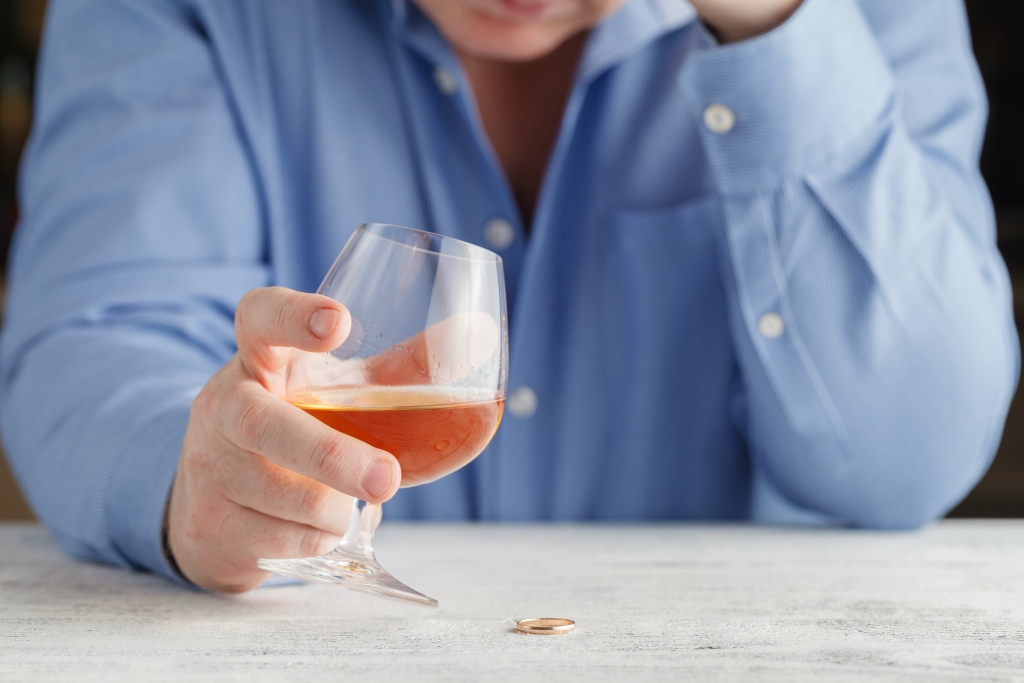Newsom’s Proposition 1 passes in California’s primary election Los Angeles Times
As a rule of thumb, if alcohol is adversely affecting your quality of life, you may have a problem with alcohol dependence or alcoholism. Drinking alcohol may increase your risk of certain cancers, especially https://ecosoberhouse.com/ mouth and throat cancer. There are several possible reasons for the beneficial effects of drinking moderately. The relationship between alcohol and heart disease is complex and depends on several factors.

Listen to relatives, friends or co-workers when they ask you to examine your drinking habits or to seek help. Consider talking with someone who has had a problem with drinking but has stopped. If you or someone you know is struggling with alcohol addiction, it is important is wine addictive to seek professional help. Treatment options vary and can include counseling, medication, and support groups. That said, consuming high amounts does not provide greater health benefits. Heavy drinking causes health problems — regardless of the type of beverage.
Scientifically Proven Benefits of Wine Consumption
This is why consuming alcohol can lead to feelings of relaxation, pleasure, and even euphoria. Professional counseling is a highly recommended option for individuals dealing with wine addiction. It is advisable to consult a qualified therapist or counselor who specializes in addiction. Through individual therapy sessions, one can delve into the root causes of addiction, develop effective coping strategies, and learn healthy techniques to manage cravings and triggers. These impairments are a result of wine’s impact on the central nervous system, which slows down message transmission in the brain, consequently affecting coordination and speech. The level of impairment can vary based on the quantity of wine consumed and an individual’s alcohol tolerance.
- Despite these issues, Leclercq is moving forward with her research, and is now looking at nutrition as a way to improve the gut microbiome.
- At the end of three weeks of abstinence, the scores of people with low intestinal permeability returned to levels equal to those of the control group.
- This makes an average bottle of wine a considerably more concentrated source of alcohol than beer or cider, and a less concentrated source of alcohol than hard liquor.
- Others say that society has become more tolerant of people with personal struggles, which has made it easier to open up about drug addiction and mental health challenges.
- 1 could have the perverse effect of increasing the number of people homeless and in need of services,” the campaign said in a statement.
Yes, certain individuals may have a genetic predisposition to alcohol addiction, making them more susceptible to developing a dependence on wine or other alcoholic beverages. While the majority of wine enthusiasts are able to enjoy wine responsibly, there are individuals who may develop an addiction to alcohol. This can result in a range of negative consequences, including health issues, strained relationships, and impaired judgment. It is crucial to recognize the signs of addiction and seek help if needed. First and foremost, it is important to understand that addiction is a complex issue, and it affects individuals differently. Some people may be more prone to developing addictive behaviors, while others may have a higher tolerance for substances like alcohol.
How can wine addiction be overcome?
In the decades that followed, his scientific studies, teachings and books grew into a movement – now active in hundreds of hospitals and medical centers – to use meditation and mindfulness in mainstream medical care. It also birthed a new area of research showing the practice can help with conditions like pain, anxiety and immune responses. In 1979, a report from the Surgeon General inspired Jon Kabat-Zinn to action.

A key challenge is determining exactly which components to target — it is as yet unclear what constitutes a ‘good’ microbiome. Day’s analysis suggests that bacteria such as Lactobacillus, were in abundance in people with AUD, whereas Akkermansia and some others were low. In a second experiment, both groups of rats were able to self-administer cocaine for two weeks, then detoxed for 21 days. When the rats returned to the cages in which cocaine was available, those receiving antibiotics headed to the lever that originally dosed cocaine twice as quickly as the other rats did. These rats also pressed the lever much more frequently than the control rats did. The final test, which Boutrel thinks is most telling, introduced a deterrent — an uncomfortable foot shock every time the animals took the alcohol.
Lo siento, debes estar conectado para publicar un comentario.

Hay 1 comentario
Add yours